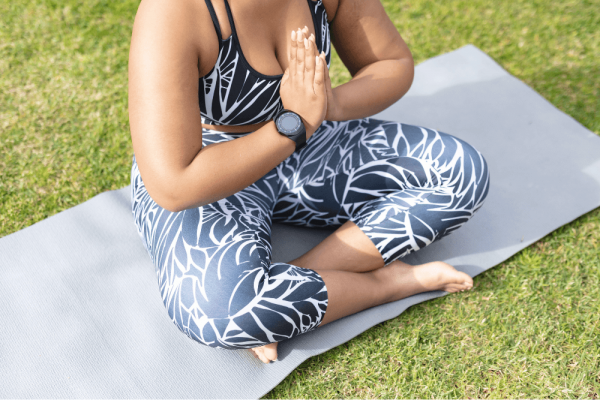Aug 16, 2023
I embarked on a journey to self-care with a few small changes: affirmations, daily prayer and meditation, regular exercise, and breaks during my day. Within weeks, I felt better physically and emotionally. I felt more secure in my own identity and more connected to other people. But there was an unanticipated benefit: I felt more connected to God. It turned out that the more I cared for myself, the more I wanted to serve God in the world.
Read the Full Article

Already a subscriber? Login
